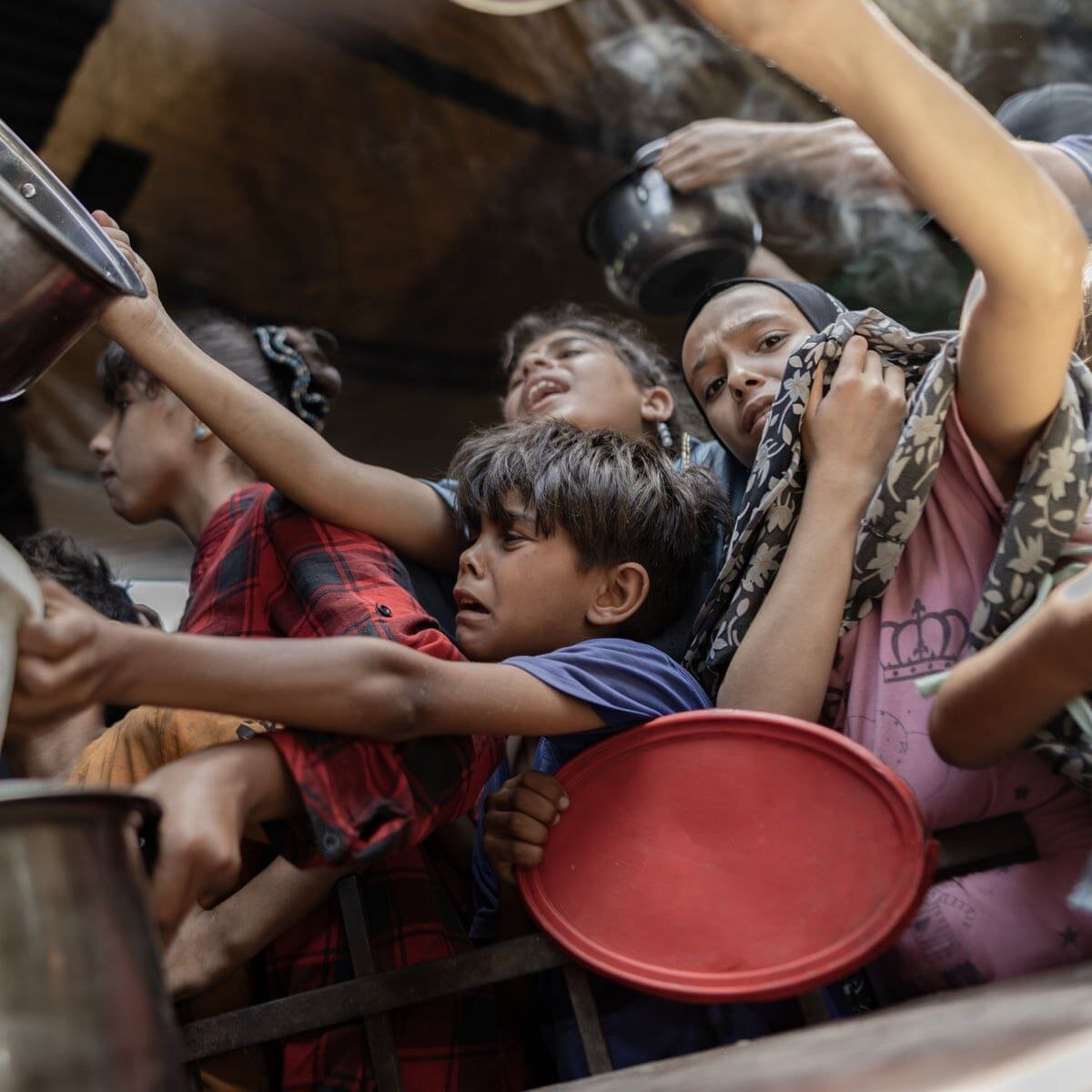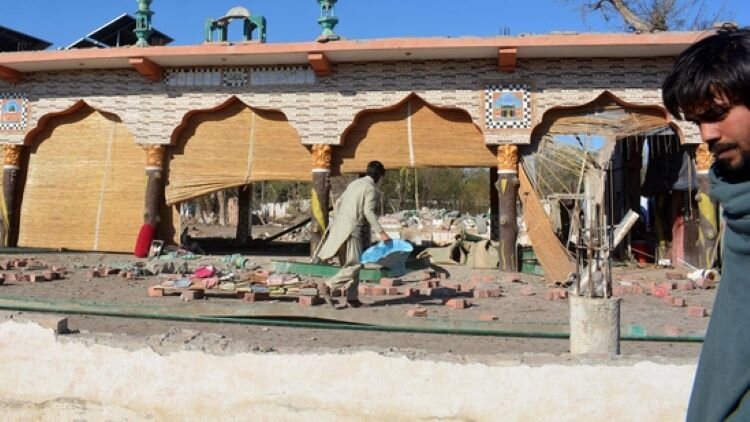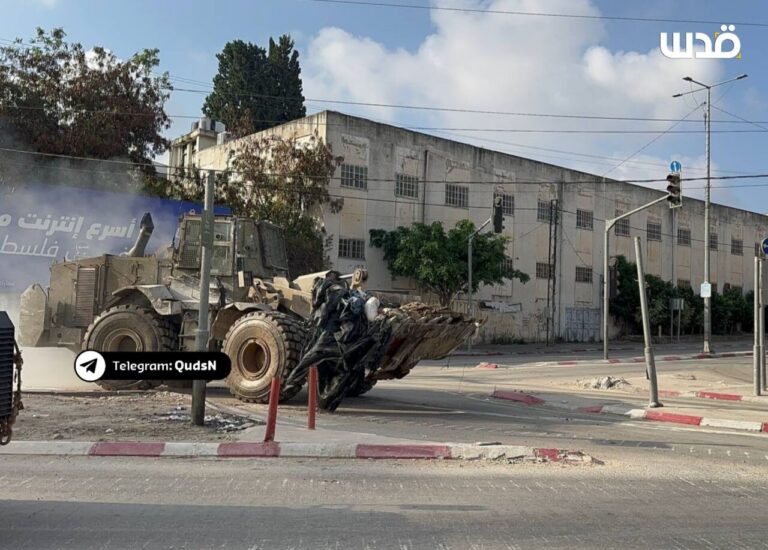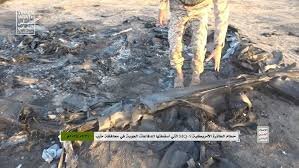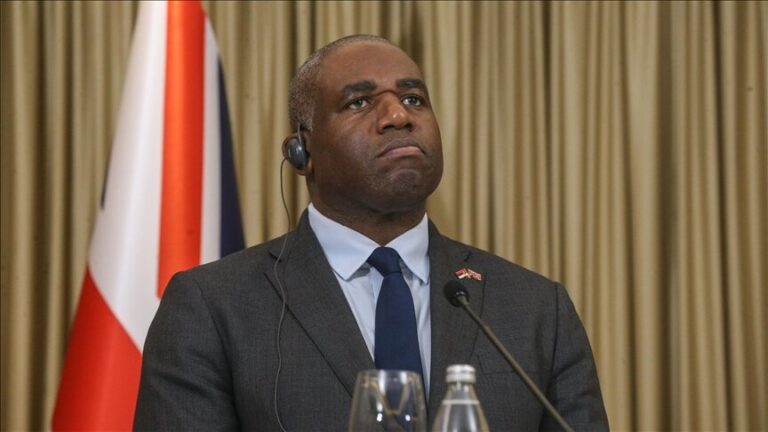Deliberate Starvation: The Grim Tactics of Engineered Extermination
The ongoing humanitarian crisis in Gaza has drawn urgent global condemnation, particularly from the United Nations, regarding the Israeli regime’s actions. The UN Secretary-General, Antonio Guterres, has raised alarm over the severe restrictions on humanitarian supplies imposed by Israel, describing the situation as allowing “a teaspoon of aid when a flood of assistance is required.” This article delves into the critical aspects of the situation in Gaza and the international response to this escalating hunger crisis.
Guterres firmly stated that the UN will not engage with the new U.S.-backed aid distribution model proposed by Israel. He emphasized, “Without rapid, reliable, safe, and sustained aid access, more people will die – and the long-term consequences on the entire population will be profound.” The gravity of the situation has led to significant international concern and calls for immediate action.
Despite Israel’s claims of permitting aid trucks to pass through the Kerem Shalom crossing, Guterres noted that only about a third of the shipments have successfully reached warehouses in Gaza. This discrepancy is attributed to insecurity and inadequate coordination. The Israeli regime has temporarily allowed limited aid deliveries from the UN and other organizations as it prepares to launch a new U.S.-sponsored plan.
This plan, which is to be managed by the so-called Gaza Humanitarian Foundation, is anticipated to commence by the end of the month. It involves private American security contractors transporting aid to Israeli-approved “hubs” for distribution. According to Tel Aviv, this system will operate from four centers located in southern Gaza. However, numerous operational details remain unclear, raising concerns about the control over aid distribution.
Critics have voiced their apprehensions, arguing that this setup places the aid distribution process firmly under Israeli political and military influence. The UN has categorically rejected the proposal, warning that it violates international humanitarian principles. Guterres affirmed, “We will not take part in any scheme that fails to respect international law.”
UN experts have accused Israel of deliberately weaponizing food to drive Gaza’s 2.4 million residents into the southern part of the Strip, which they equate to acts of genocide. Guterres highlighted the dire situation, stating, “The supplies, 160,000 pallets, enough to fill nearly 9,000 trucks, are waiting on the border.” Despite having a feasible plan for delivering aid, the UN finds itself sidelined.
Currently, the distribution of aid to displaced individuals living in tents and makeshift shelters is inconsistent. UN officials estimate that at least 600 aid trucks are required daily to address the escalating humanitarian crisis. Moreover, the UN World Food Program has warned that rising hunger, desperation, and uncertainty regarding food deliveries are intensifying tensions across Gaza.
Since early March, when the Israeli occupation regime imposed a comprehensive blockade on Gaza, conditions have worsened significantly. The Israeli Occupation Forces (IOF) have pushed the majority of Gaza’s population into a diminishing area along the coast and near Khan Younis, leading to increased international pressure for aid delivery.
Philippe Lazzarini, head of UNRWA, noted that the people of Gaza have been “starved and deprived of the basics including water and medicines for more than 11 weeks.” He characterized the recent arrival of about 100 aid trucks as “a needle in a haystack,” significantly below the minimum of 500–600 trucks required on a daily basis. “During the ceasefire, we managed that amount without diversion or looting,” he added.
- UN Secretary-General Antonio Guterres has condemned Israeli restrictions on humanitarian aid.
- The UN will not participate in the new U.S.-backed aid distribution model proposed by Israel.
- Only about a third of aid shipments have reached Gaza due to insecurity and coordination issues.
- The proposed aid distribution plan raises concerns about Israeli control over humanitarian efforts.
- UN experts have accused Israel of using food as a weapon, likening it to genocide.
- UN officials estimate that at least 600 aid trucks are necessary daily to alleviate the crisis.
The Israeli regime’s actions are not occurring in isolation; international rights groups have highlighted the complicity of the United States in the ongoing starvation of Palestinians. Washington has continued to support the Israeli regime both diplomatically and militarily, despite having legal grounds to withhold weapons under U.S. law when allies obstruct humanitarian aid. Instead, the White House has consistently deferred to the Israeli occupation regime, even as conditions in Gaza have reached alarming levels since October 2023.
Critics argue that this U.S. complicity has made it increasingly difficult to avert mass deaths from starvation in Gaza. They assert that the decision to support Israel’s siege tactics instead of enforcing international humanitarian law positions the United States as a key actor in this unfolding catastrophe.
The situation in Gaza remains dire, and the urgent need for humanitarian aid has never been more critical. As international attention focuses on this humanitarian crisis, the response from global leaders and organizations will be crucial in determining the future of millions of Palestinians facing starvation and deprivation.
